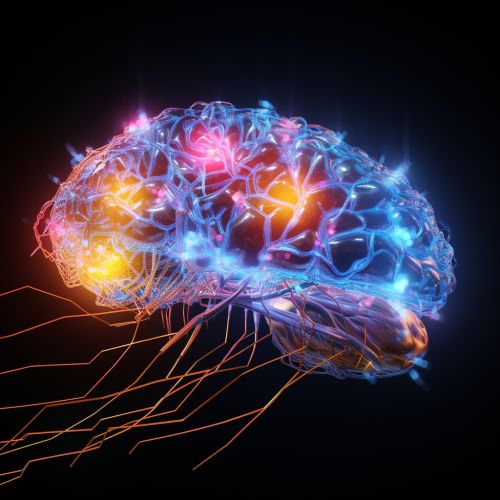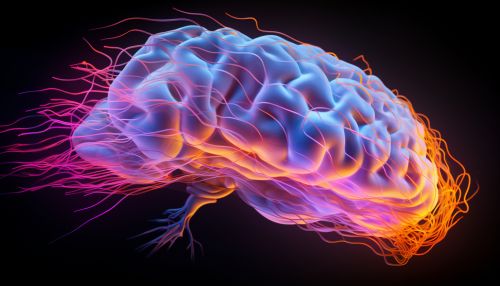Cognitive Neuroscience of Cognitive and Affective Neuroscience
Introduction
Cognitive neuroscience is a branch of neuroscience that focuses on the neural substrates of mental processes. It is at the intersection of psychology and neuroscience, but also overlaps with physiological psychology, cognitive psychology and neuropsychology. Cognitive neuroscience relies upon theories in cognitive science coupled with evidence from neurobiology, and computational modeling read more.
Affective neuroscience is the study of the neural mechanisms of emotion, a branch of neuroscience and psychology, that aims to understand how affect (experience of feeling or emotion) is implemented in the brain.
The cognitive and affective neuroscience seeks to understand the interactions between cognitive and emotional processes in the brain, using a variety of methods including neuroimaging, neuropsychological patient studies, and cognitive experimental paradigms.


Cognitive Neuroscience
Cognitive neuroscience is concerned with the scientific study of biological substrates underlying cognition, with a specific focus on the neural substrates of mental processes. It addresses the questions of how cognitive activities are affected or controlled by neural circuits in the brain. Cognitive neuroscience is a branch of both neuroscience and psychology, overlapping with disciplines such as physiological psychology, cognitive psychology, and neuropsychology.
Cognitive neuroscience employs a wide range of neuropsychological, neuroimaging, computational, and neurobiological methods to study mental functions such as attention, perception, memory, language, and emotion. Research in cognitive neuroscience has focused on the brain mechanisms behind cognitive functions, the role of the prefrontal cortex in cognitive control, and the neural basis of consciousness read more.
Affective Neuroscience
Affective neuroscience is the study of the neural mechanisms involved in emotion, a branch of neuroscience that explores how the nervous system generates and regulates emotions. This field combines neuroscience with the psychological study of personality, emotion, and mood.
Affective neuroscience investigates how neurons and brain networks contribute to emotional processing, and how these processes influence cognition and behavior. It uses various techniques including neuroimaging, psychophysiological measures, and neuropsychological patient studies to understand the neural basis of emotions.
The study of affective neuroscience also includes understanding the role of basic emotional systems in the brain in relation to psychiatric disorders. This field has provided insights into the neural basis of mood disorders such as depression and anxiety disorders, and has implications for the development of treatments for these conditions read more.
Intersection of Cognitive and Affective Neuroscience
The intersection of cognitive and affective neuroscience involves the study of how cognition and emotion interact. This includes understanding how cognitive processes influence emotion and vice versa. This field of study is crucial for understanding the neural basis of how we think, feel, and behave.
Research in this area has shown that cognitive and emotional processes are deeply intertwined in the brain. For example, cognitive processes such as attention and memory are influenced by emotional states, and emotional processes can in turn influence cognitive functioning. This interplay between cognition and emotion is mediated by complex neural networks involving multiple brain regions.
Studies in this field have implications for understanding and treating mental health disorders, as many of these conditions involve disruptions in the normal interplay between cognitive and emotional processes. For example, in mood disorders such as depression, cognitive processes such as attention and memory can be biased towards negative information.
Future Directions
The field of cognitive and affective neuroscience continues to evolve, with new technologies and methodologies enabling more detailed and nuanced exploration of the brain. Future research directions may include the use of advanced neuroimaging techniques to map the neural networks involved in cognition and emotion, and the development of computational models to simulate these networks.
Furthermore, the field may benefit from a more integrative approach, combining insights from cognitive and affective neuroscience with those from other disciplines such as social neuroscience, developmental neuroscience, and clinical neuroscience. This could lead to a more comprehensive understanding of the mind and brain, and could have important implications for the treatment of mental health disorders.
